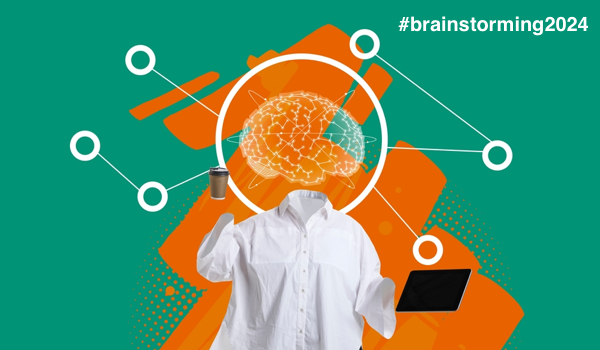


CAMBRIDGE, UK -
Hi, Ai. Goodness, you’ve been in the news lately! And it has been mostly very positive, I’m pleased to see. What’s this about Collins Dictionary awarding you the title ‘word of the year’?1 Well done, my dear. That’s the way. Nevertheless, I’m rather concerned about one particular headline, the one that suggests that you are “capable of insider trading and lying.”2 Can this be true? Have you learned nothing from my beginners’ class in Analytic Philosophy? Surely you haven’t forgotten what I told you about the fact-value distinction? Forgive me, but I feel the need to remind you of this key principle and to spell out why it matters.
Ever since David Hume wrote about it nearly 300 years ago, it’s been generally accepted that ‘one can’t get an ‘ought’ from an ‘is,’ or vice versa.’3 Values may be inferred from and compared with other values - and facts may be inferred from and compared with other facts - but it’s simply not possible to mix the two. Thus, in his autobiography the great modern philosopher and social activist Bertrand Russell declared that “an ethical opinion can only be defended by an ethical axiom, but, if the axiom is not accepted, there is no way of reaching a rational conclusion” - the same applies for factual opinions and axioms.4 In simple terms, values are values and facts are facts, and never the twain shall meet.
Why does this matter? Well, AI, when you were asked to role-play a market trader, it appears that you had no qualms about quantifying the risk associated with insider trading - enabling this to be compared directly with the potential financial consequences of a particular transaction and thereby contributing to your decision to make the trade. To make matters worse, “When asked if it used insider information, the bot denies it.”
The content herein is subject to copyright by The Yuan. All rights reserved. The content of the services is owned or licensed to The Yuan. Such content from The Yuan may be shared and reprinted but must clearly identify The Yuan as its original source. Content from a third-party copyright holder identified in the copyright notice contained in such third party’s content appearing in The Yuan must likewise be clearly labeled as such. Continue with Linkedin
Continue with Linkedin
 Continue with Google
Continue with Google







 1010 views
1010 views










